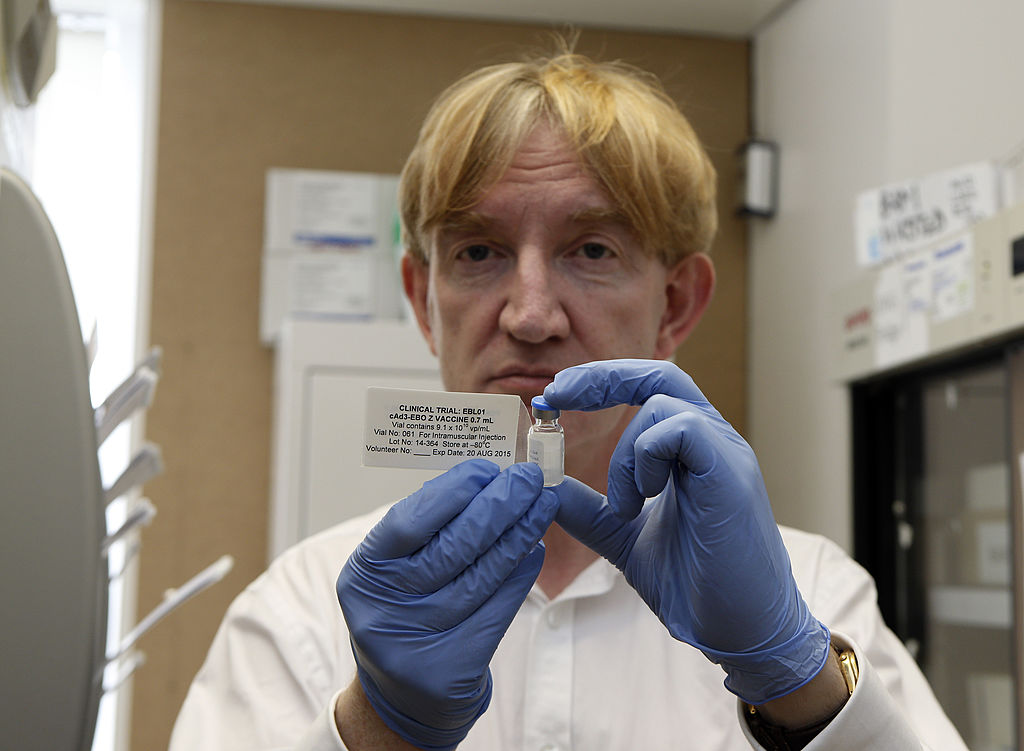THE CORONAVIRUS vaccine being developed by researchers in Oxford University has a 99% success rate in producing antibody responses, manufacturers say.
The Oxford vaccine becomes the third in just a few weeks to announce its research is going very well, following Pfizer/BioNTech and Moderna, whose vaccines were shown to have a success rate of around 95%.
The University has not yet released full data on its vaccine, but has provided some notes which indicate that their vaccine works particularly well in older adults.
In a report published in scientific journal The Lancet, researchers for the Oxford vaccine-- led by Irishman Professor Adrian Hill-- stated that the 'ChAdOx1 nCov-2019' vaccine caused a robust immune response in healthy adults aged 55 and over.
 Professor Adrian Hill of the Oxford team searching for a coronavirus vaccine
Professor Adrian Hill of the Oxford team searching for a coronavirus vaccine(Photo by Steve Parsons-WPA Pool/Getty Images)
This could be used to help the vulnerable to build immunity and be more protected before vaccines can be rolled out to everyone worldwide.
The data indicates that of all 560 healthy adults who received the vaccine, more than 99% had antibody responses 14 days later.
The immunity response was noted in all three age groups: 18-55, 56-59 and 70 and older-- but it seemed the older participants were better able to tolerate the vaccine than younger people.
Investigator at the Oxford Vaccine Group and consultant physician Dr Maheshi Rasamy said the fact that older people had a better response to the vaccine was a positive step forward.
"Older adults are a priority group for Covid-19 vaccination because they are at increased risk of severe disease," he explained. "But we know that they tend to have poorer vaccine responses.
"We were pleased to see that our vaccine was not only well tolerated in older adults, but also stimulated similar immune responses to those seen in younger volunteers.
"The next step," he said, "will be to see if this translates into protection from the disease itself."
"The populations at greatest risk of serious Covid-19 disease include people with existing health conditions and older adults.
"We hope this means our vaccine will help to protect some of the most vulnerable people in society, but further research will be needed before we can be sure."

